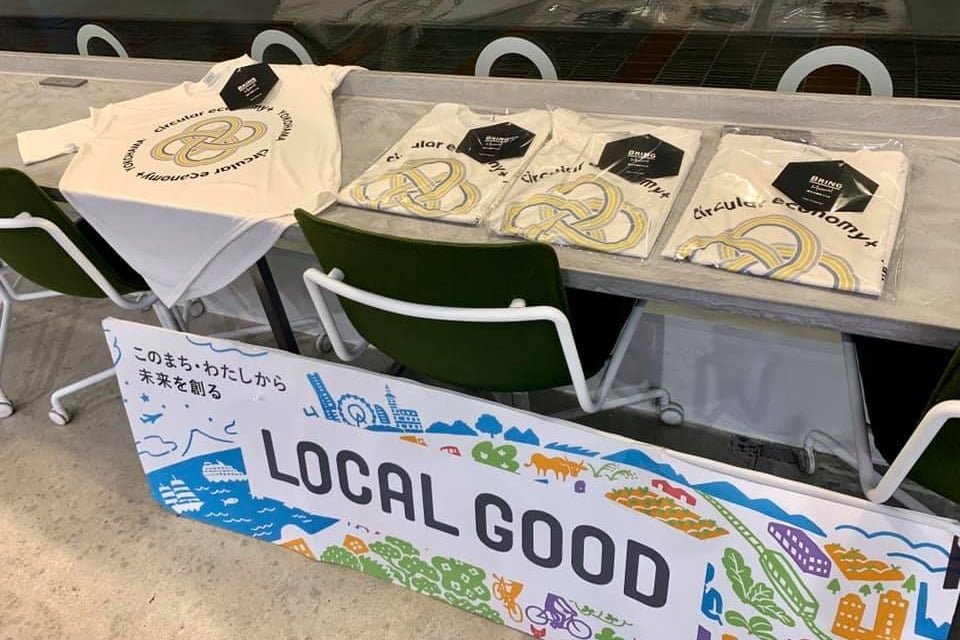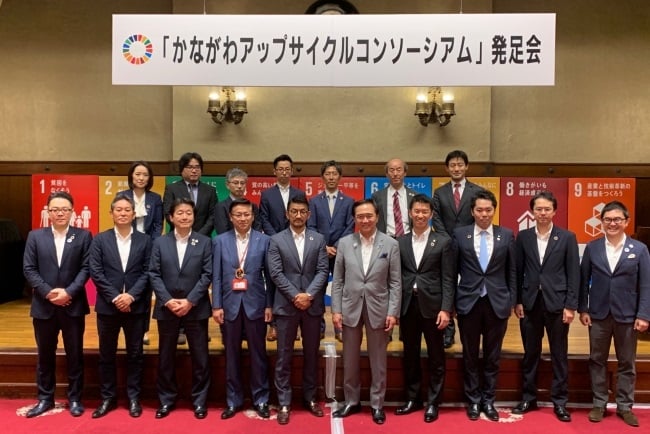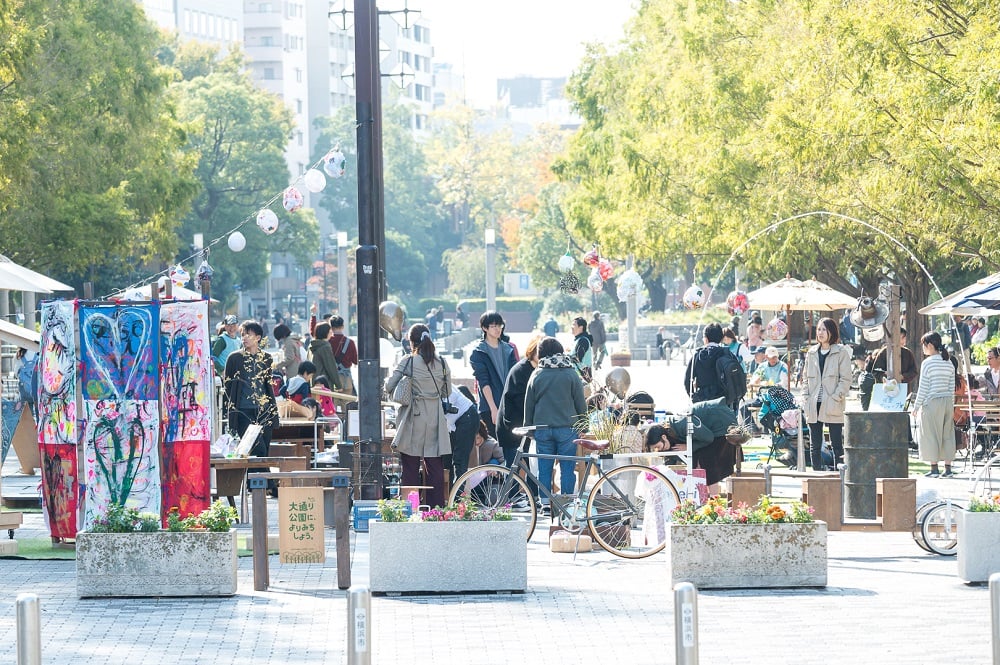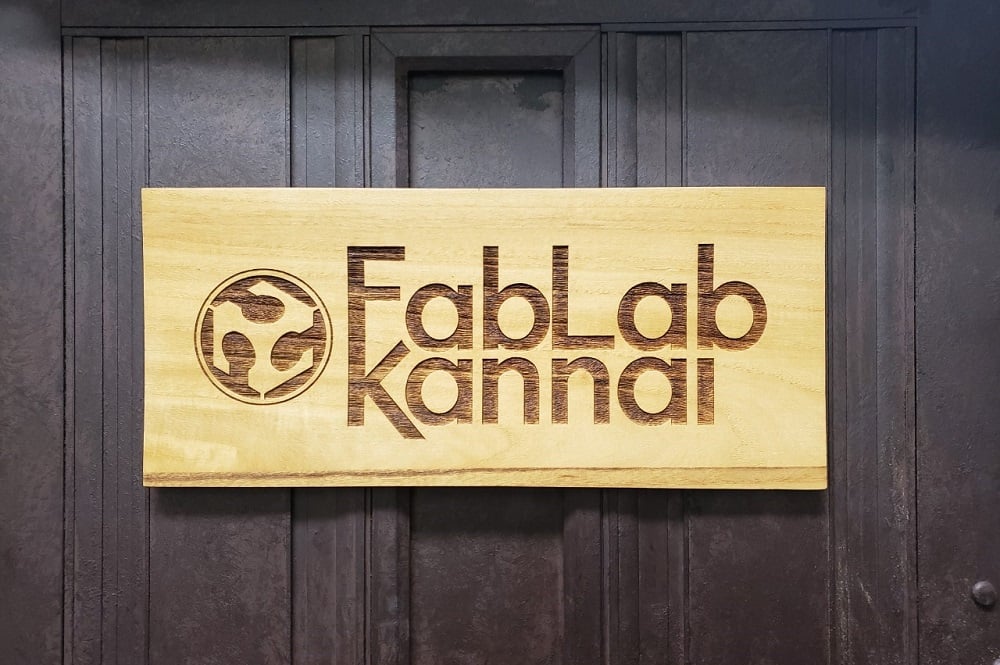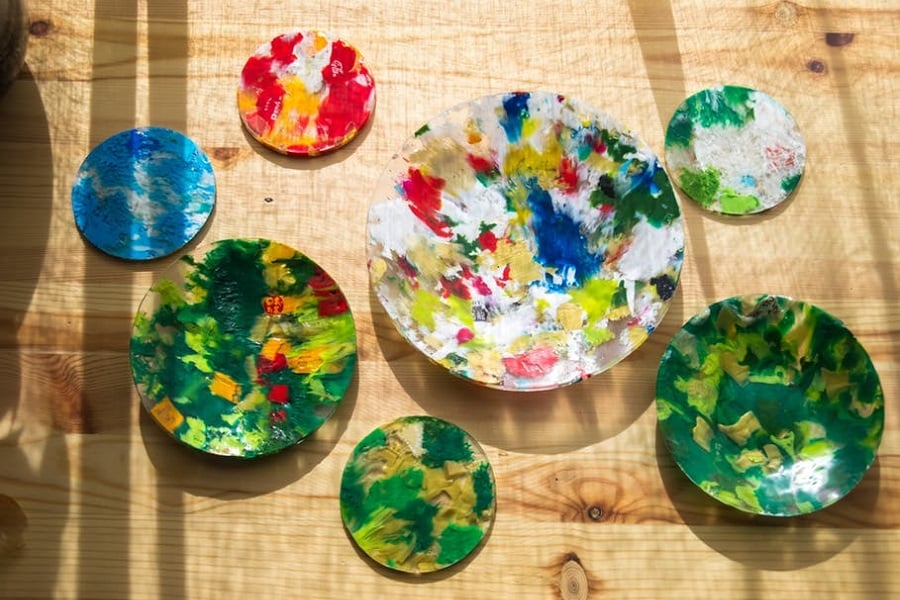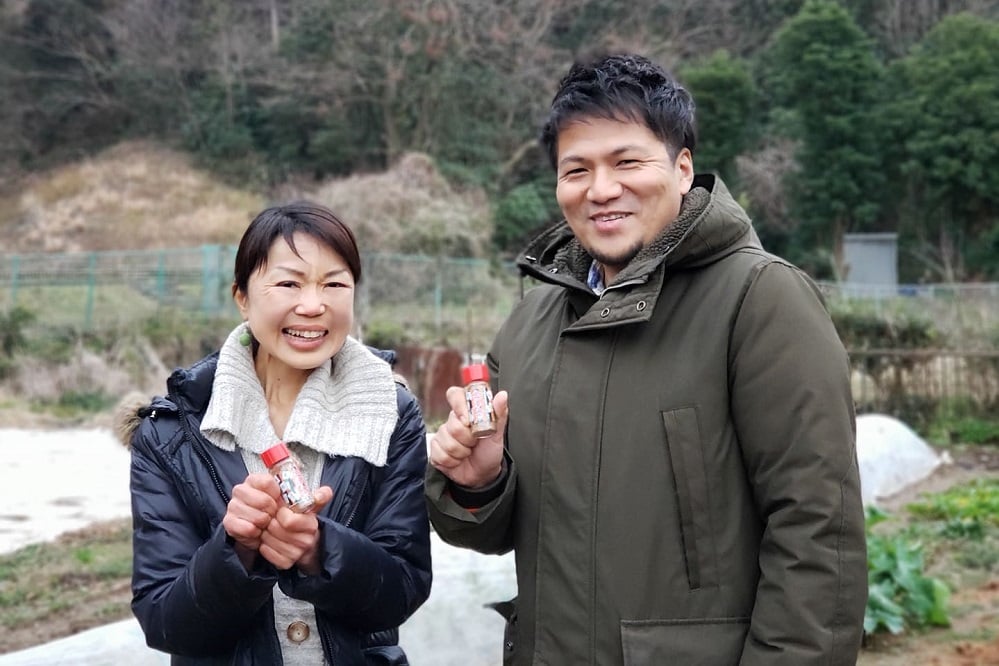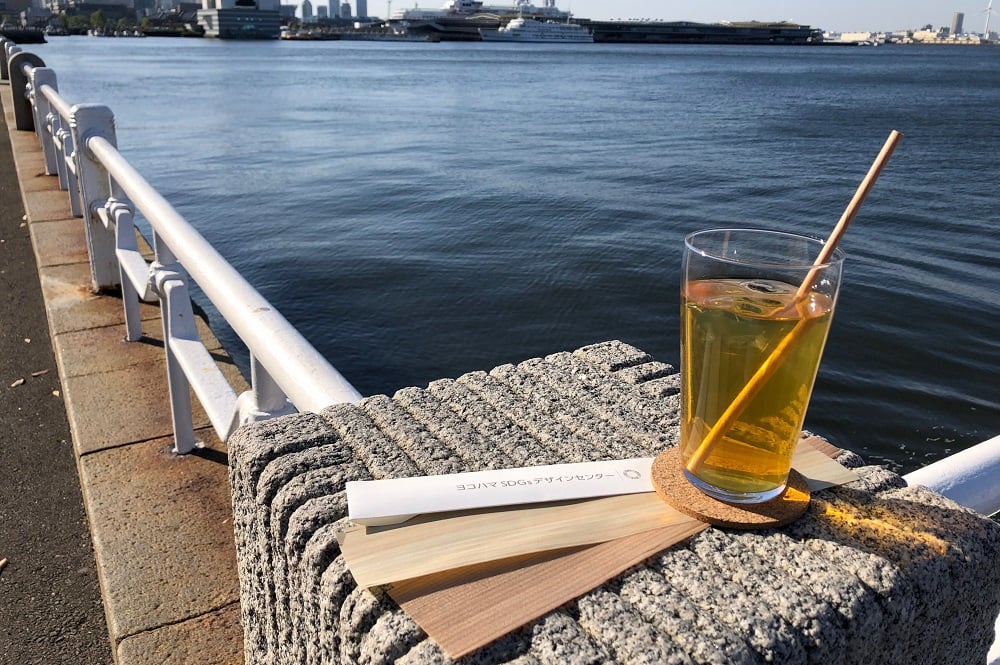Hoshiten Circular Library
Ever seen a traveling bookshelf? The Hoshiten Circular Library brings books and circular ideas to the streets of Yokohama. Borrow, share, and get inspired, one story at a time.
Kurofune Soap
From kitchen waste to sustainable soap! Kurofune Soap turns used cooking oil and other discarded resources into beautiful, community-made soap—promoting a cleaner planet and cleaner hands.
Coffee Grounds Art
Used coffee as a canvas? Discover Coffee Grounds Art, where leftover coffee is reborn as beautiful artwork and creative workshops. From waste to wonder, find how circular ideas are brewing in Yokohama.
Yomigaeri
Old clothes, new purpose. Yomigaeri turns discarded textiles into durable, washable gloves—no dyeing, no waste, just circular design in action.
Seyamitsu Lab
Seyamitsu Lab is turning honey, flowers, and community into a circular future for Seya Ward.Discover how a local initiative is bringing people and nature closer—one bee at a time.
Circular Gacha
A capsule toy machine that you can play by putting a bottle cap instead of a coin. It provides an enjoyable learning experience of local resources and materials circulation.
Kururi Works
Kururi works is an upcycling studio with the concept of “take discarded things and reborn them with value.” It is based in Kanazawa ward run by Takematsu Co., Ltd..
Kanazawa School for Special Needs Education
The school is promoting career education and waste reduction project to build a sustainable society. It is actively interacting with citizens and businesses to contribute to the local community from the aspect of welfare.
Shonan Eco Project
Shonan Trading offers a physical experience of plastic recycling. It helps widen environmental awareness by pedaling, melting, and creating up-cycled products with your own hands.
eSPOGOMI
A social activity consists of the essence of esports and community cleanup. People bring different values and build good connections among the community while enjoying achieving SDGs.
Yokohama Winery
Yokohama Winery produces red, white, and rosé wines in Yokohama. They contribute to the environment by delivering wine to neighboring communities on renewable energy bikes and reusing used wine bottles.
Yokohama Bay Sheraton
Yokohama Bay Sheraton, one of the famous hotels in Yokohama, runs projects to reduce food waste, create a food loop, and promote local produce and local consumption.
RiPiЯ
RiPiЯ is a sustainable apparel brand that refashions stock clothing worldwide. They purchase stock items and remake them to add new values.
StockBase
StockBase donates unneeded emergency supplies from companies to people in need. They circulate the foods and other items within the local community and reduce food waste.
baybike
baybike is one of the bicycle-sharing services by Docomo Bikeshare. Identifying idle assets and utilizing the bikes where needed fit in the concept of the sharing economy.
chain
chain is a service that uses blockchain technology to visualize the supply chain and share the story of manufacturing. The application contributes to creating a new connection between suppliers and consumers.
Wave Yokohama
A non-profit organization promotes a rental service of reusable cutlery and dishwashing. It contributes to reducing waste and CO2 emissions and raising environmental awareness.
MAGO GALLERY YOKOHAMA
The gallery of Nagasaka Shingo, a pioneer of sustainable art. The gallery displays artworks and other items created by recycling e-waste. The business model connects developed and developing countries and circulates waste.
FOOD LOOP
FOOD LOOP is a project to recycle food waste run by Yokohama Beer. To create a recycling loop, they compost the malt and other food waste, grow vegetables, and serve them at the restaurant.
Craft Beer Paper
Craft beer paper is a recycled paper made from malt waste. kitafuku Inc. works with local breweries and restaurants to turn waste into valuable paper products to achieve up-cycling.
Zero Ring
A project to circulate takeout bento boxes in the Minato Mirai area. It aims to solve the problem of disposable containers waste by reusing takeout containers and make mealtime fancy and enjoyable.
アクアポニックス
Aquaponics is a system of "circular organic agriculture" that crosses hydroponics and aquaculture. It minimizes resource circulation and promotes local consumption to rvitalize local communities.
Coco&K.
Coco&K. imports lovely, eco-minded, fairtrade bags from the Philippines. The products are up-cycled from discarded aluminum juice packages. It helps the locals live independently and keeps the environment clean.
TENTO
The shared office built with thinned wood Yamakita machi in Kanagawa Prefecture. The office is based in the co-working space "mass x mass" in Naka-Ku, Yokohama, and is expanding to other areas.
Ikasa
Ikasa is an umbrella sharing service that allows users to borrow and return umbrellas at the umbrella spots quickly. Ikasa's umbrellas are durable and repairable, which helps to reduce the number of disposable umbrellas.
AppliQué
AppliQué is an apparel brand that collects cloth pieces and upcycles them into bags and other things by their hands and sells them online. "Meguru Nuno Ichi" is their new project started in June 2020.
Web Iikamo Ichi
Web Iikamo Ichi is a web platform that offers a monthly marché online. You can find many Yokohama-made sustainable groceries and other products.
ZERO PC
“ZERO PC” is the computer upcycling project led by People Port Inc trying to make the environmental impact by their business zero and supporting domestic refugees and poor children.
Yokohama Blue Carbon
Yokohama City, as “SDGs Future City,” leads the Yokohama Blue Carbon Project. It works on utilizing ocean resources and regenerating marine ecosystems and the local Fishing Industry.
Kawamura Laboratory (Yokohama National University)
Izuru Kawamura and Noriko Kanai team, Yokohama National university, successfully derives cellulose nanofibers from spent coffee grounds(SCGs). This study shows that SCGs cellulose nanofibers can be used as alternative resources and will potentially contribute to the development of sustainability.
The Yokohama Reuse Bin Project
The project is to produce the Yokohama-exclusive beverage and reusable glass bottles in Yokohama. It conceives the regional circle of the bottles and the local consumption of the juice and approaches environmental issues as well as supports the local communities.
The Eco Picture Diary
Environmental journal Project is to encourage children to be aware of environmental issues and its solutions through making a poster. The project is held every summer to help create new circular businesses in Yokohama.
Food Bank Yokohama
Food Bank Yokohama is a non profit organization that collects the food that would not be used or would be discarded along the food supply chain and distributes it to homeless people and welfare facilities in Yokohama.
Yokoyoko Project
Yokoyoko Project is a project which intends to provide renewable electricity generated in Yokohama-cho, Aomori to the companies in Yokohama city, Kanagawa. With the system of blockchain which is provided by Minna-Denryoku, Inc., the project make it possible to certify where the electricity came from.
WE Shop
WE Shops are charity shops based on donation and volunteers run by WE21 JAPAN in Hodogaya ward. There are several locations and are functioning as a community space where diverse people living in the community get together and make connections as well.
The Circular Economy Plus T-shirt
The Circular Economy Plus T-shirt Project aims to make sustainable T-shirts using waste plastic bottles discarded in the area. The project is initiated by the Yokohama branch of NPO greenbird, Japan Environment Planning Inc., Okawa Printing Co., Ltd., and a designer from Yokohama.
The Kanagawa Up Cycle Consortium
The Kanagawa Up Cycle Consortium is established in collaboration with Kanagawa Prefecture and TBM Co., Ltd. that develops, manufactures and sells a new material “LIMEX.” The aim is to promote a circular economy through up-cycling that utilizes LIMEX and to realize a circular town development.
Nite hi WORKS
"Nite hi WORKS" is an art project by artist Minoru Inayoshi and actor Azusa Watanabe. The concept is "changing something from the original to something now" by unexpectedly and freely adding different languages (ideas) from different eras, cultures and many other things "different."
Fab lab Kannai
Fab Lab Kannai is a manufacturing laboratory for citizens in Kannai, Yokohama. It functions as a local manufacturing base, cooperating with co-working spaces in the area for start-up companies, and developing business labs in local community spaces as there are several 3D printers, sewing machines and laser cutters inside.
buøy
"reBirth" is a project to transform discarded ocean plastic into beautiful traditional crafts. The project produces beautiful molded plates while mixing different types and colors of plastic materials. The idea was created by “Plas+tech project” which is led by Techno Labo Co., Ltd.
Y-Wai Hiroba
Y-Wai Hiroba is a community space and shared office created by renovating a vacant house in Isogo ward, Yokohama.The first floor is a community space where locals can get together and hold meetings, and the second floor is a shared office that welcomes local businesses. The space can be a local shelter in case of emergency.
SDGs Yokohama Kanazawa Living Lab
SDGs Yokohama Kanazawa Living Lab works on the circular economic agriculture project which makes use of the eelgrass (seaweed that grows in the sea) as fertilizer, grows vegetables such as chili at local farms and creates a unique seasoning by associating with a local elementary school.
Yokohama Wood Straw Project
The project produces wooden straws made of wood thinned from the water source forest in Doshi Village, Yamanashi Prefecture, which supplies water with citizens in Yokohama and those straws are handmade by people with disabilities Yokohama.


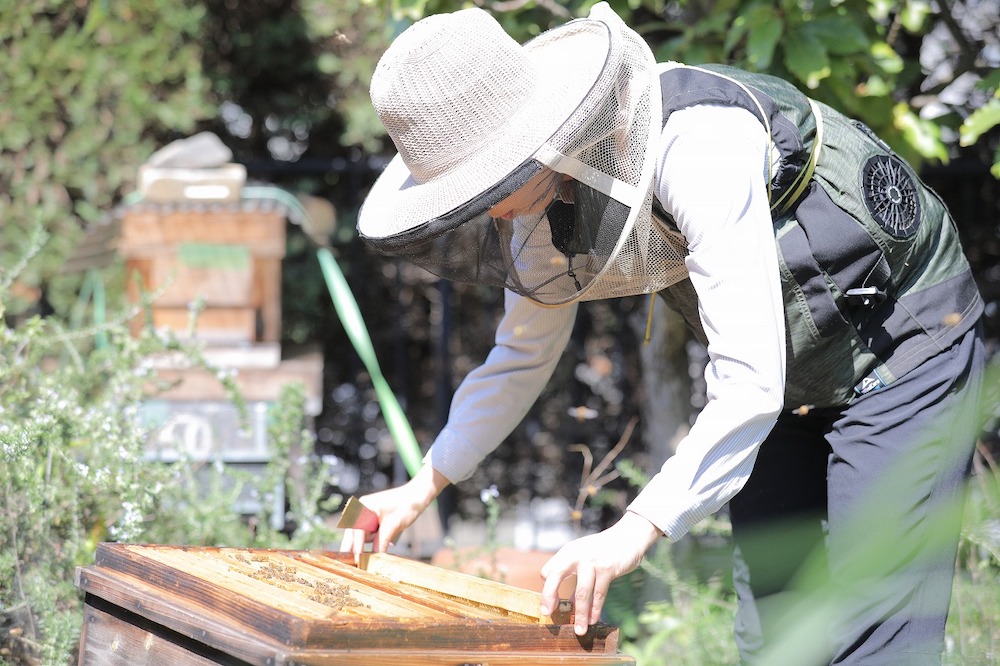
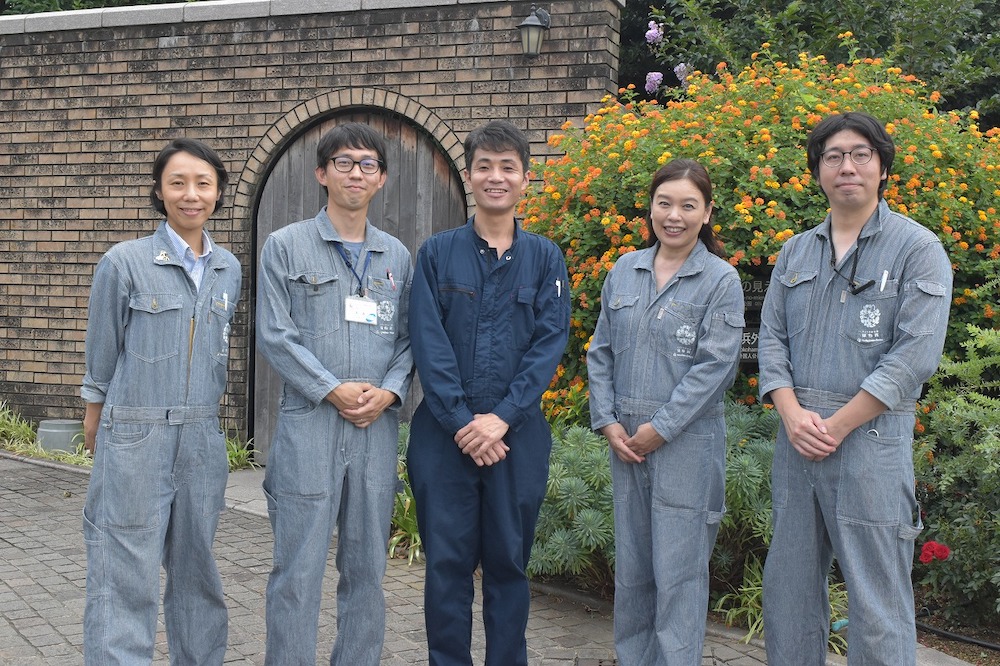
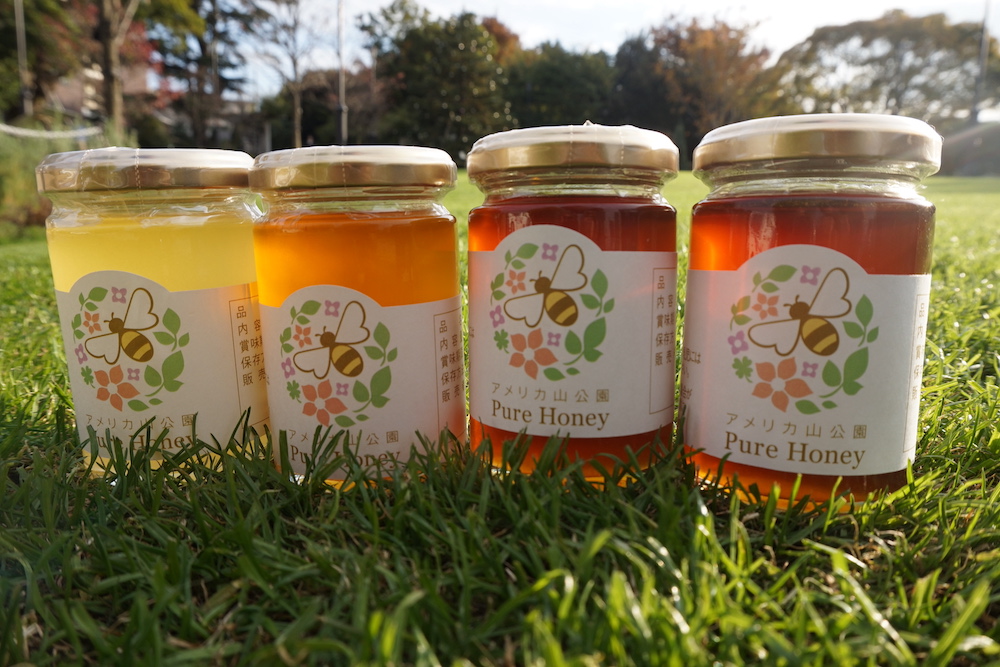

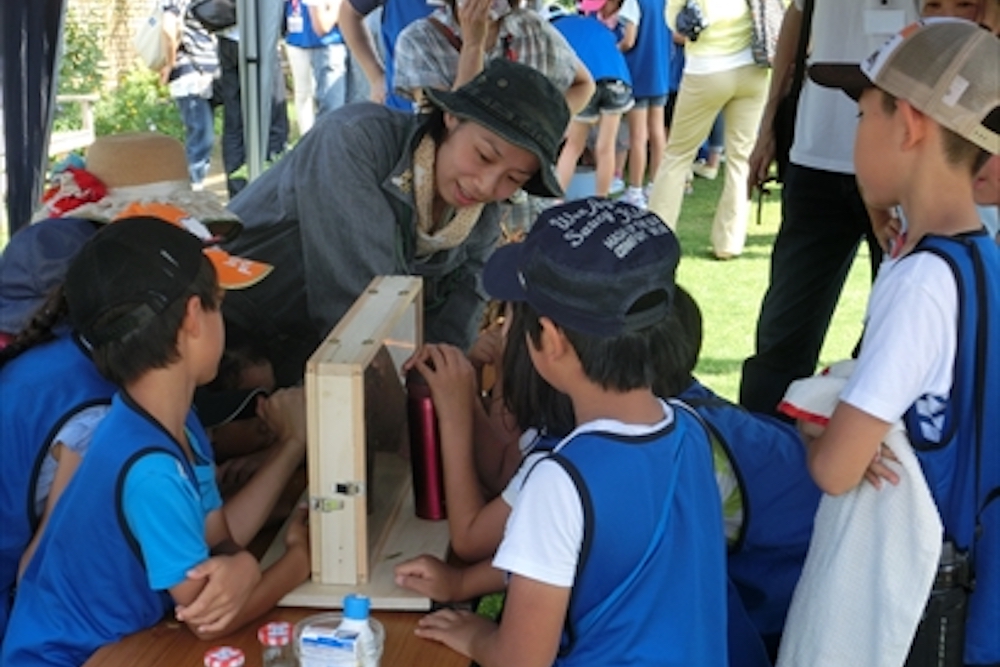


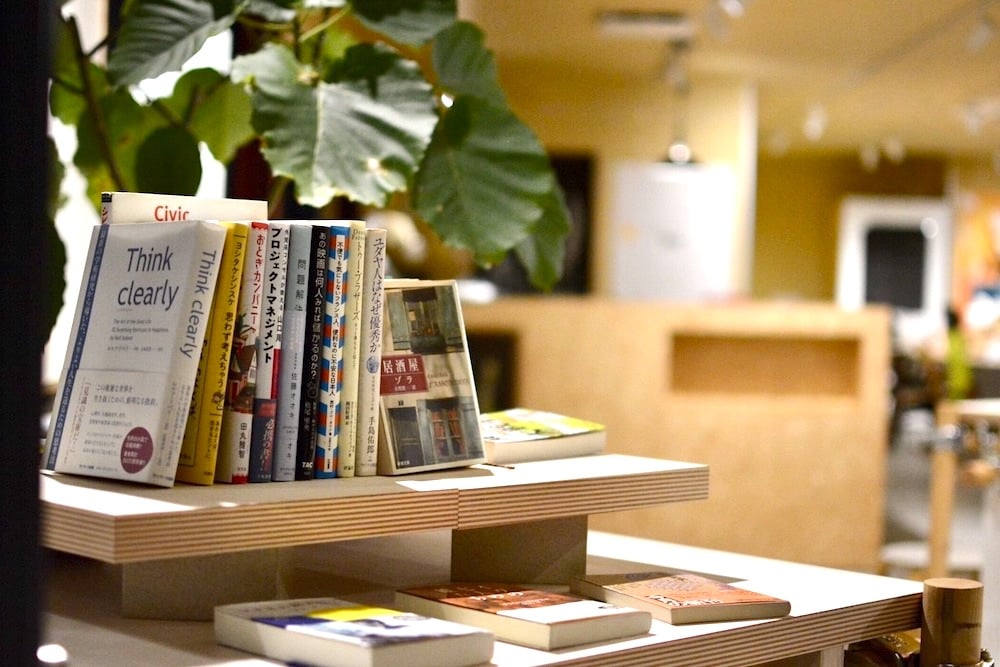
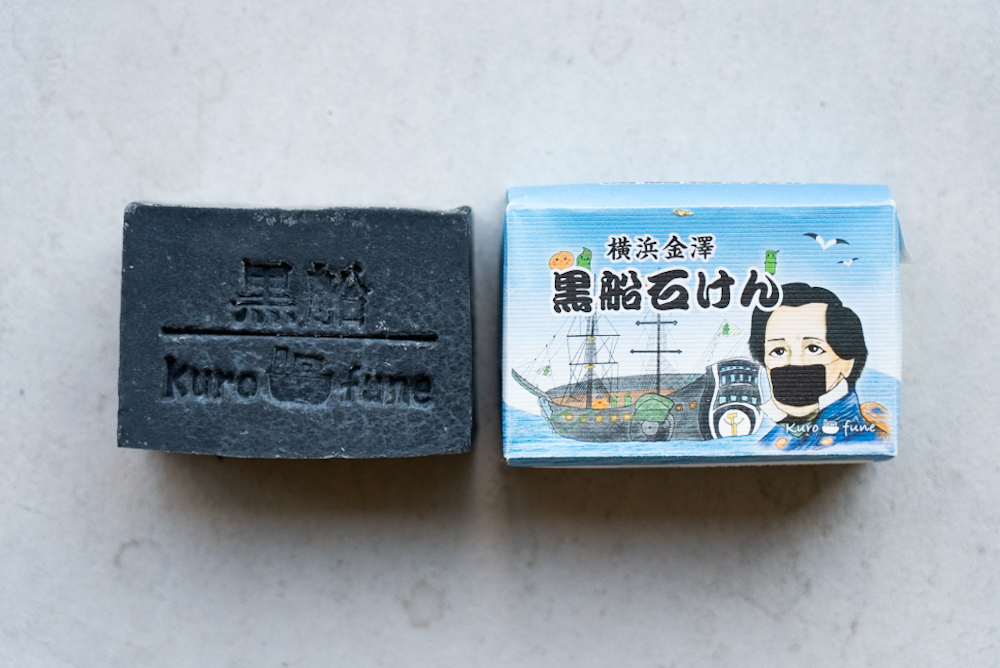
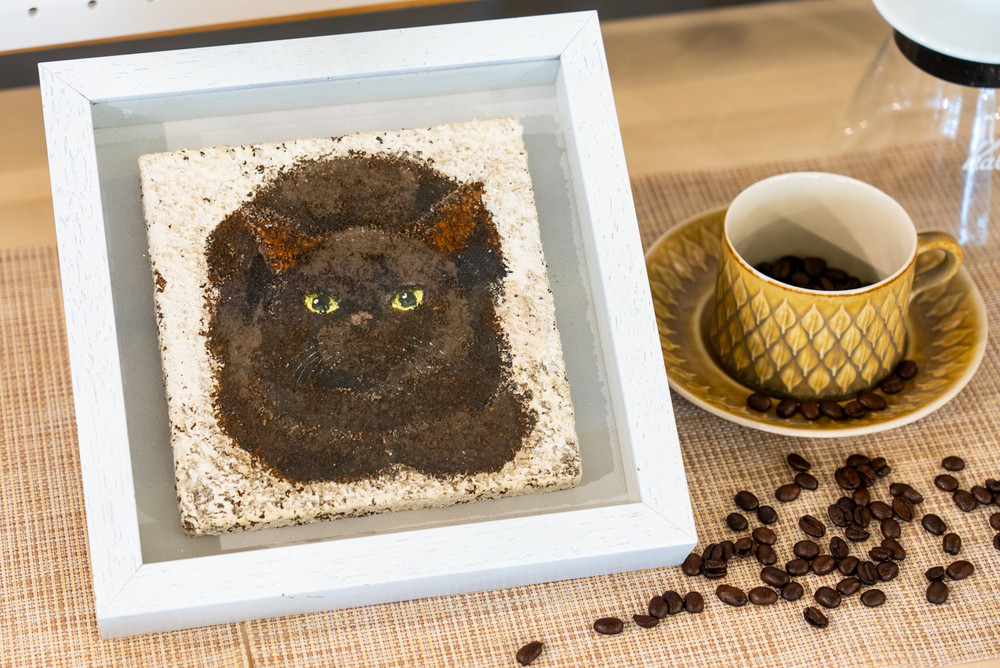
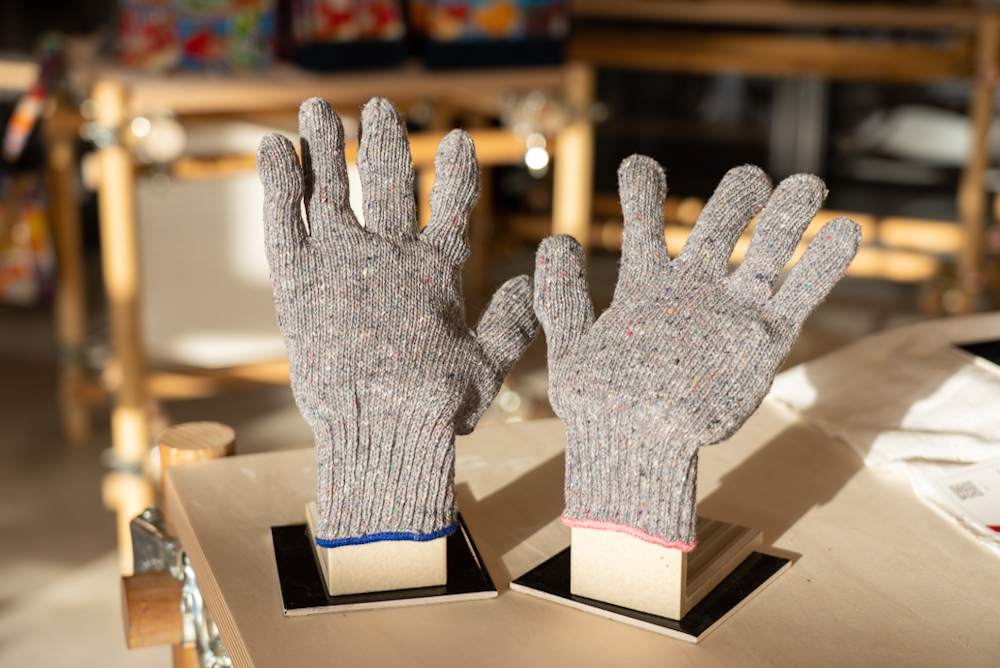
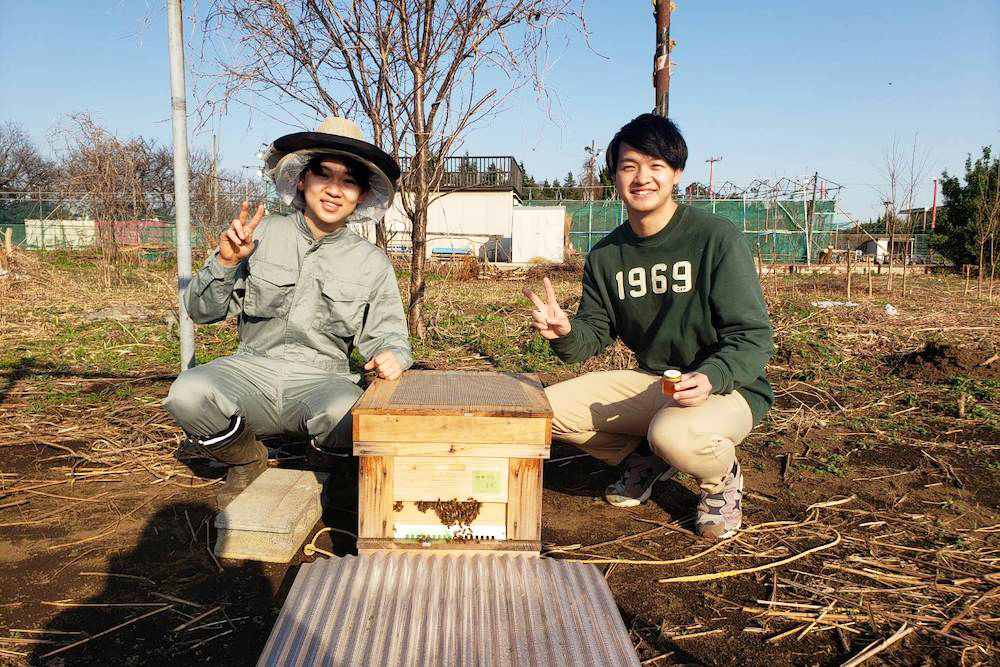
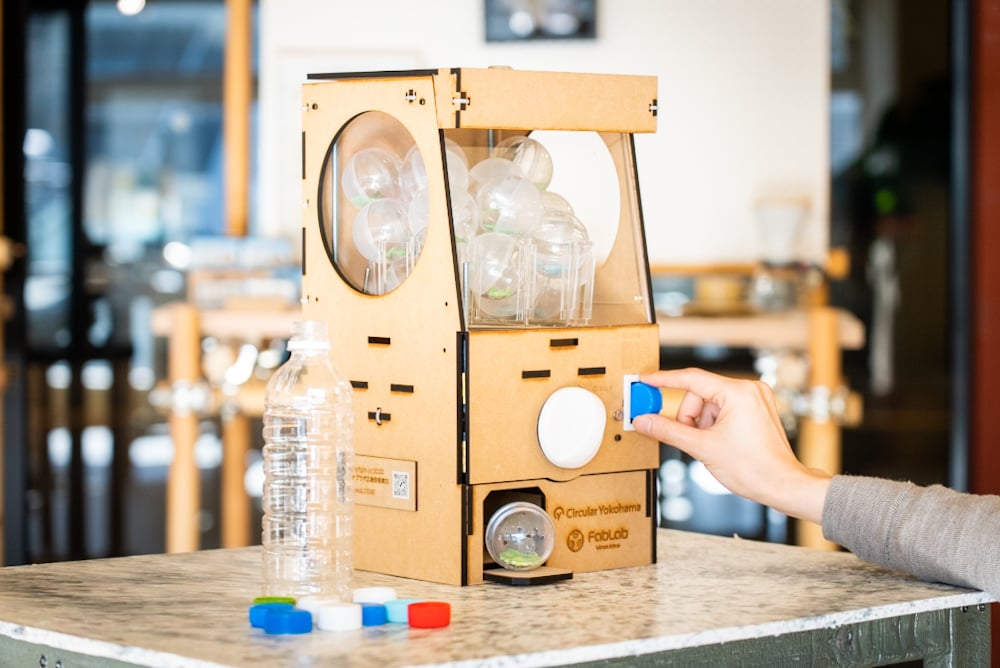
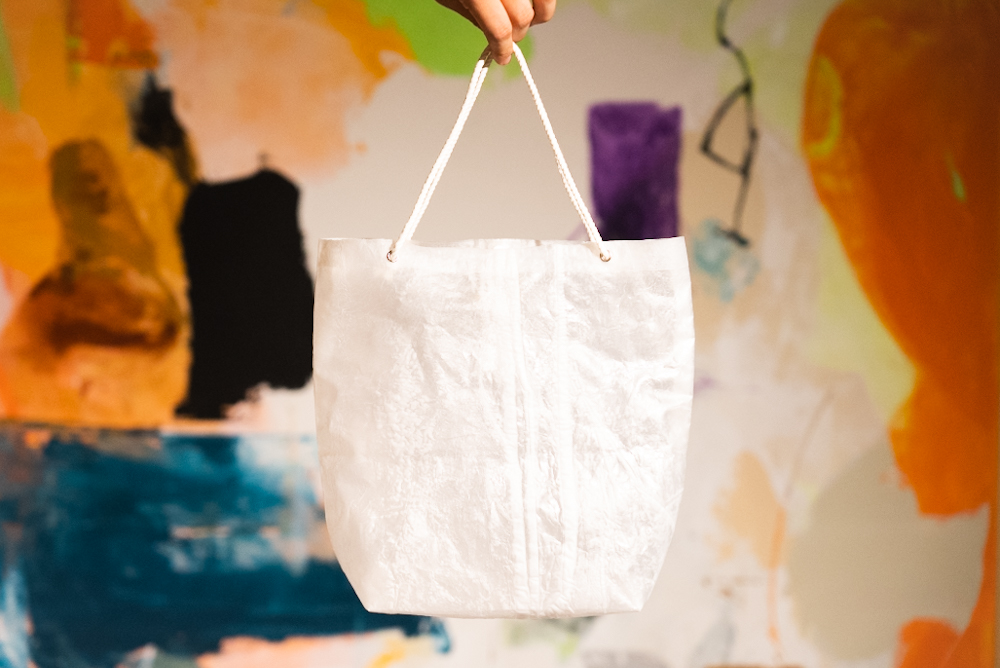
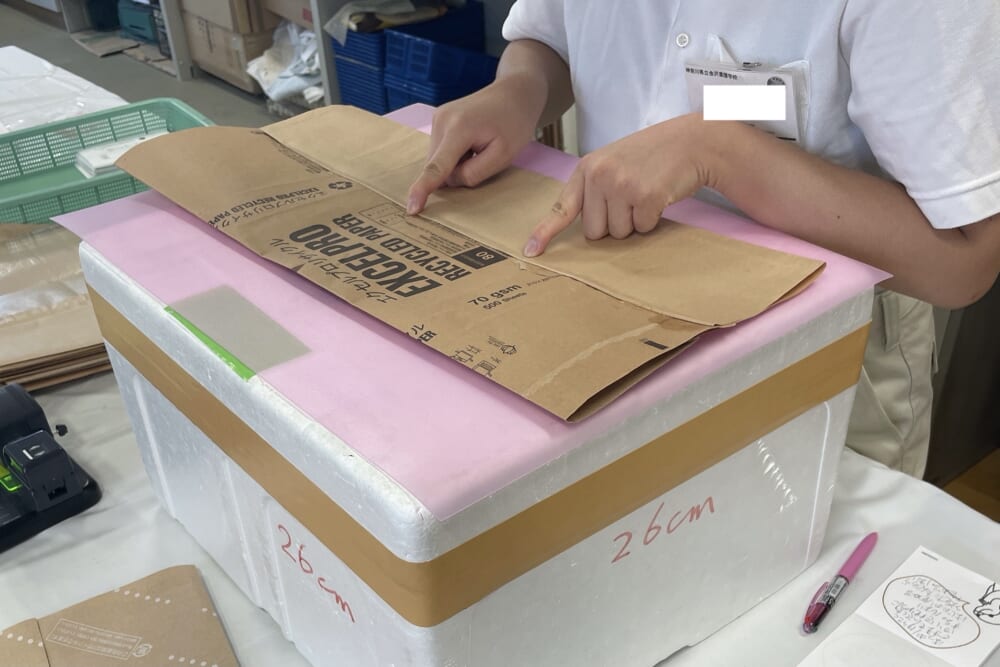
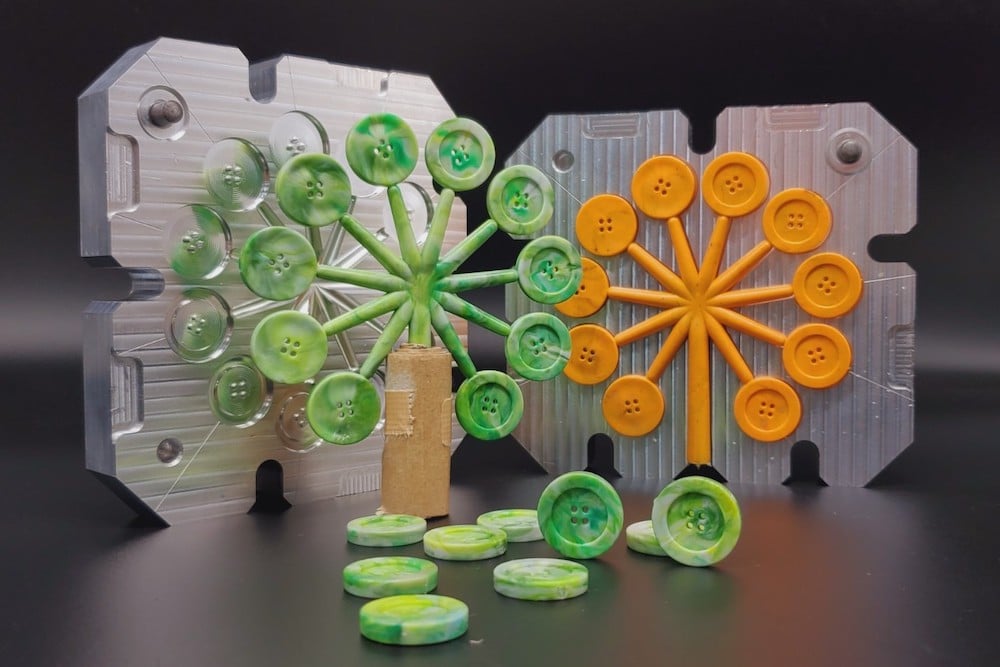
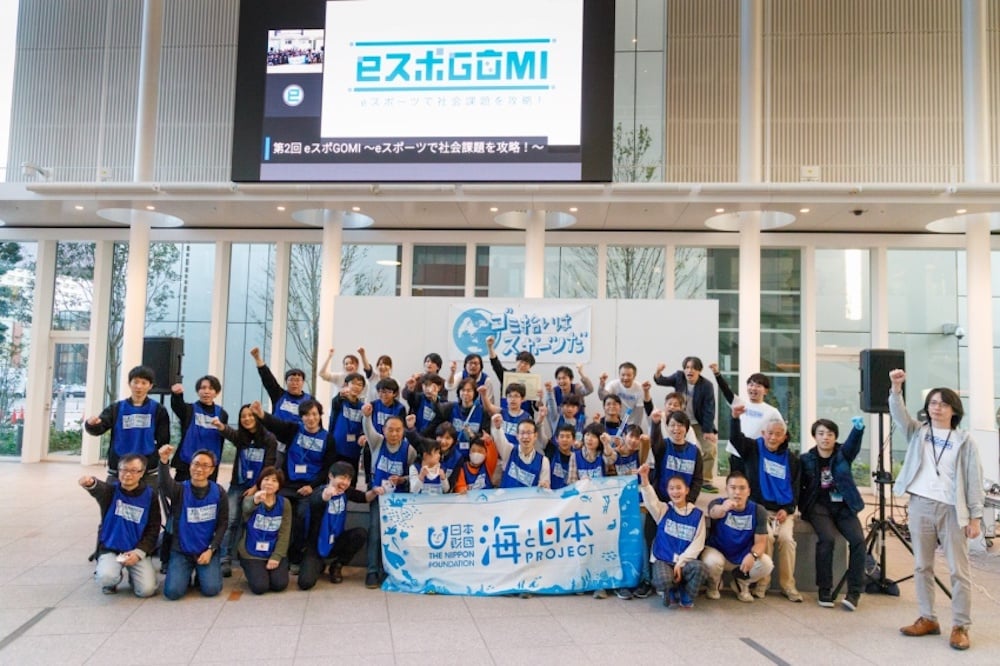
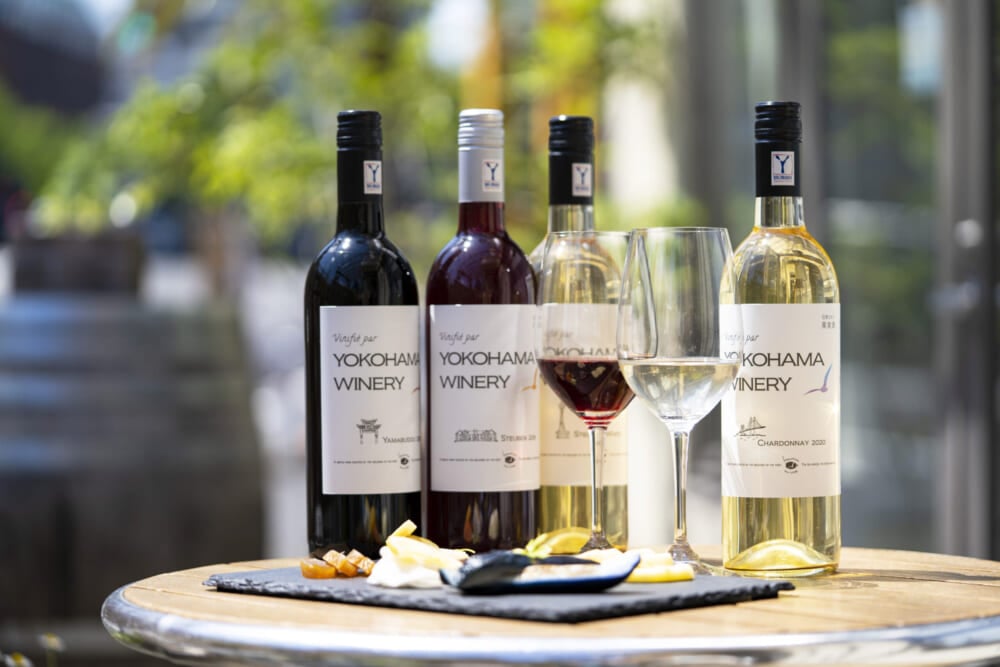

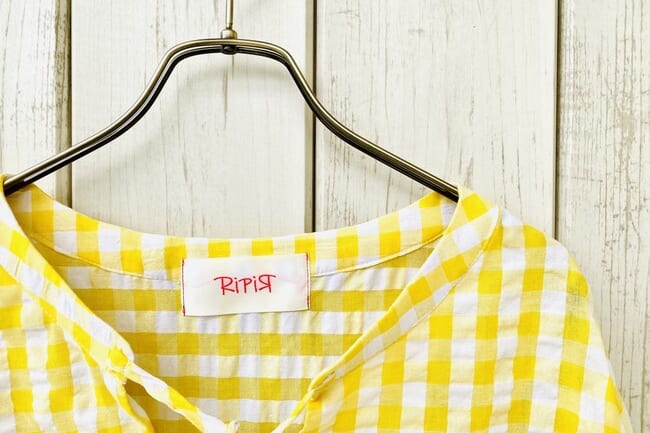
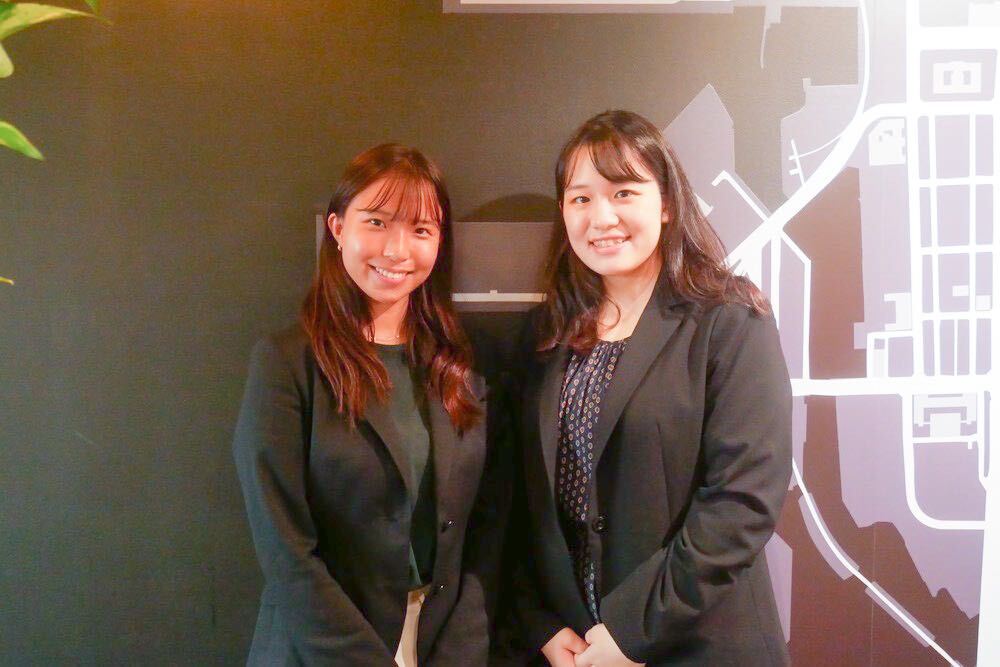
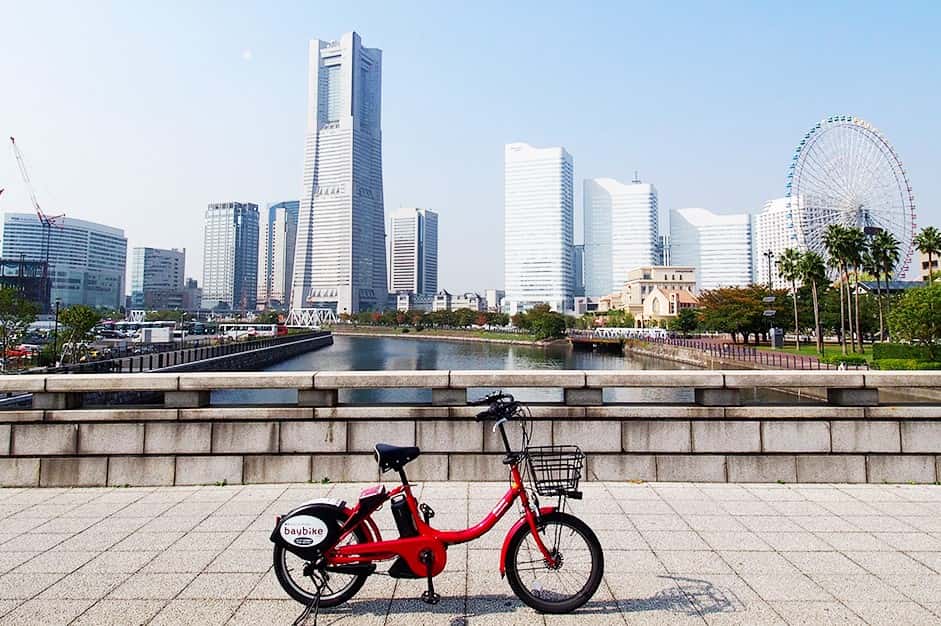
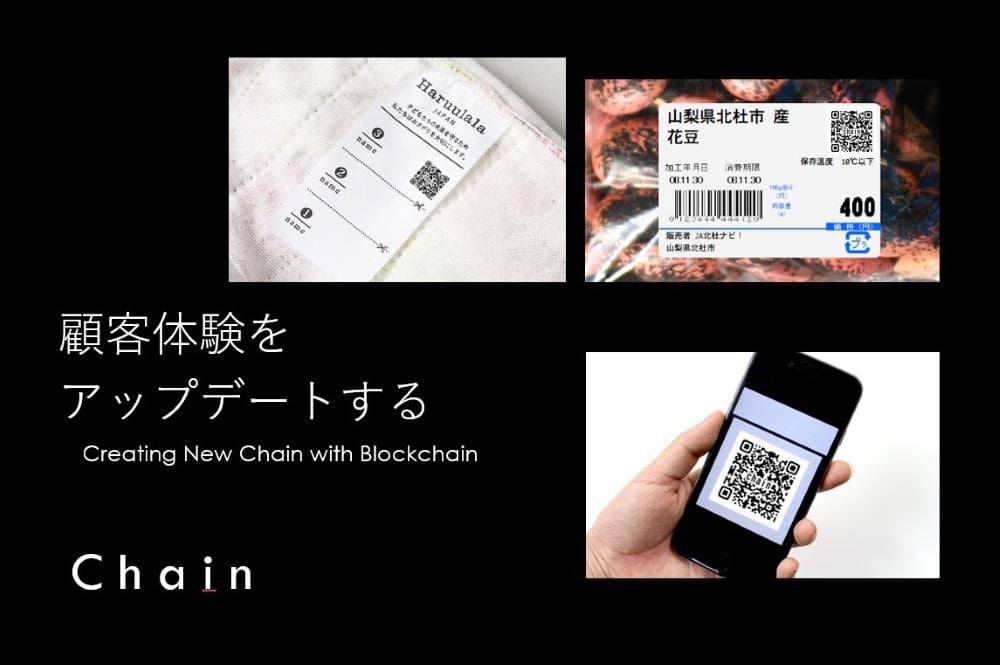

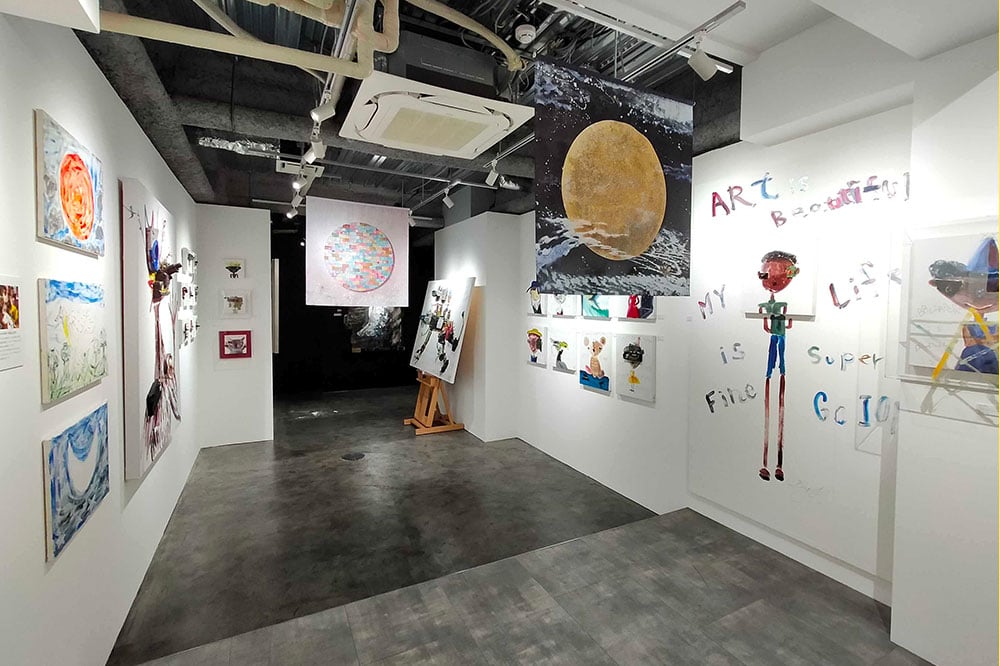


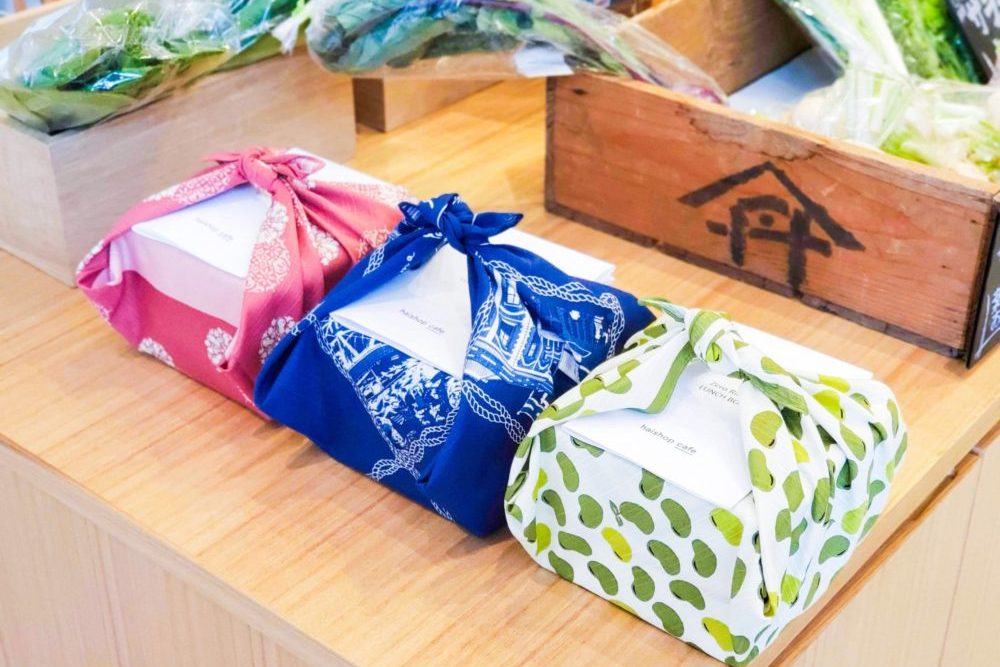

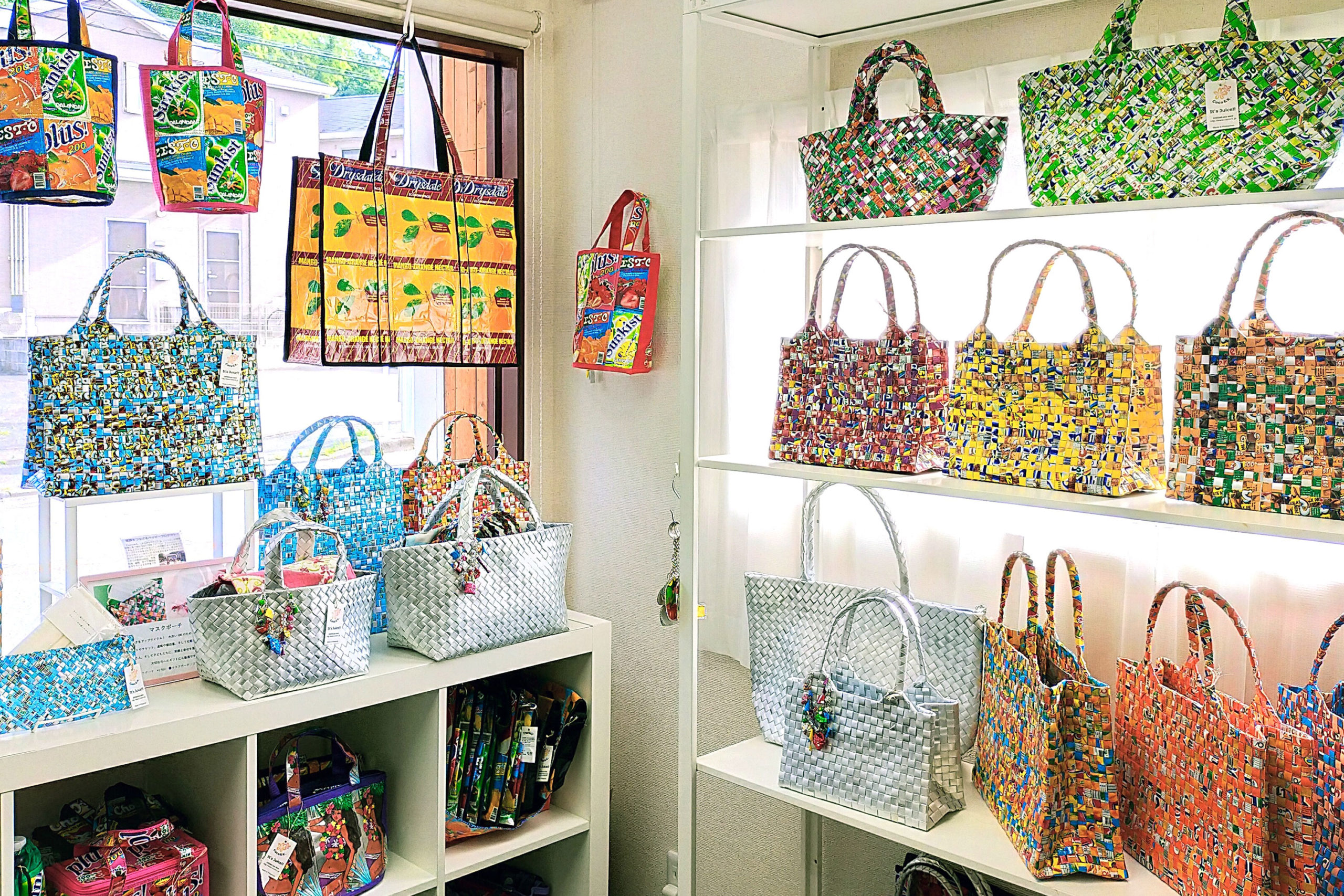
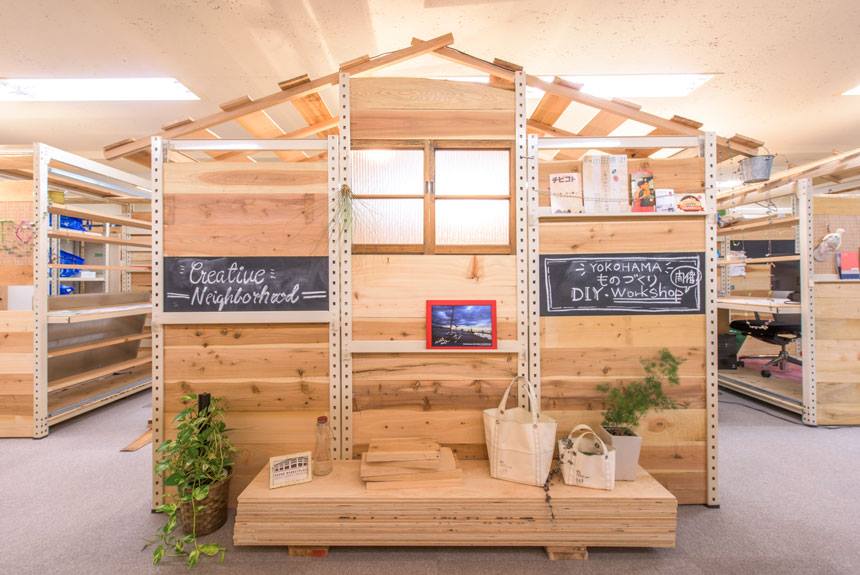

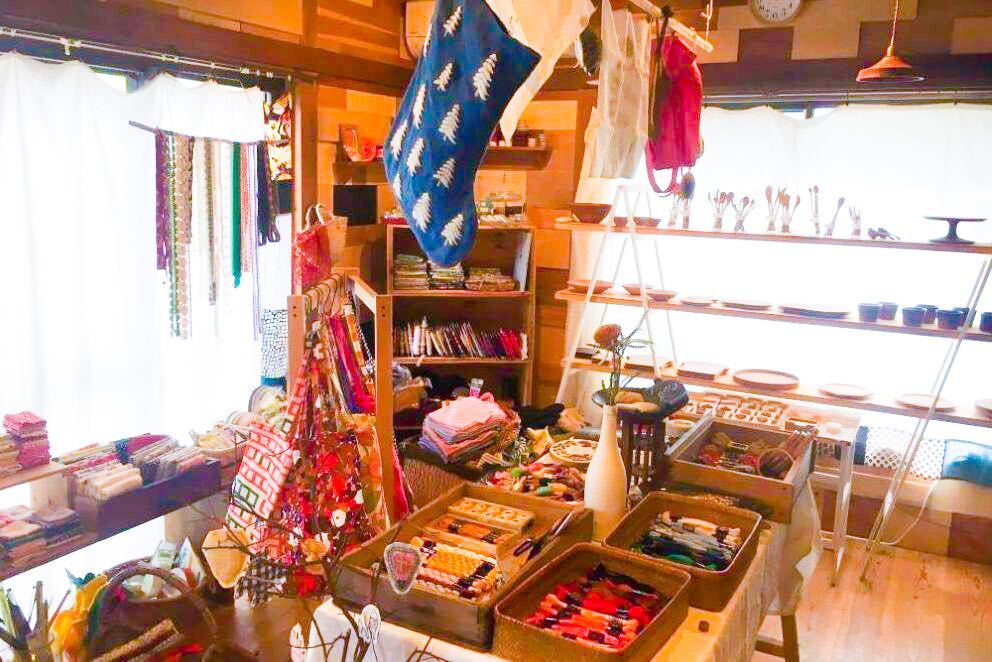


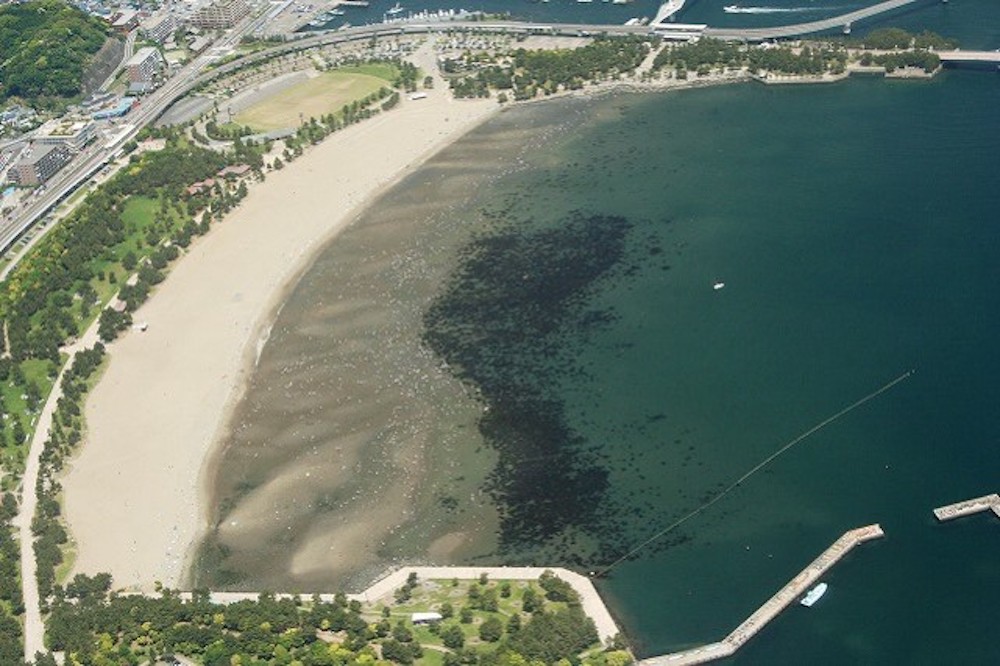
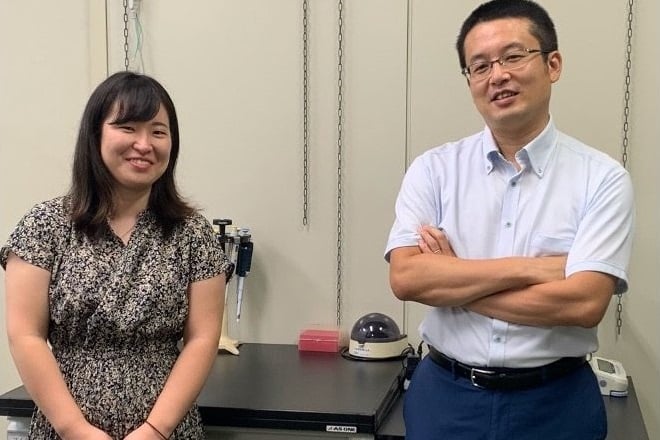
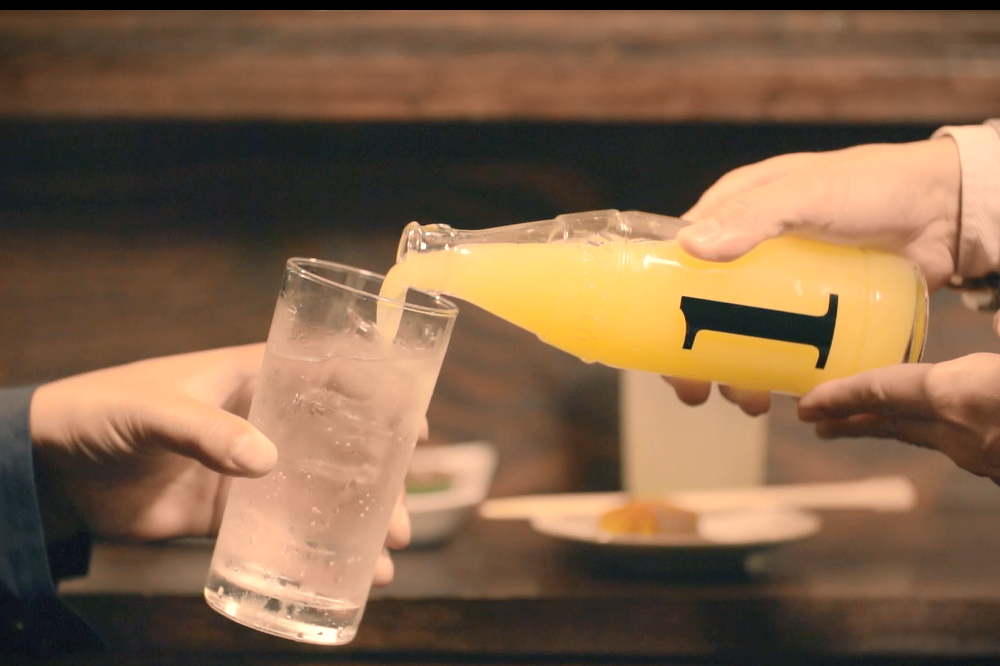
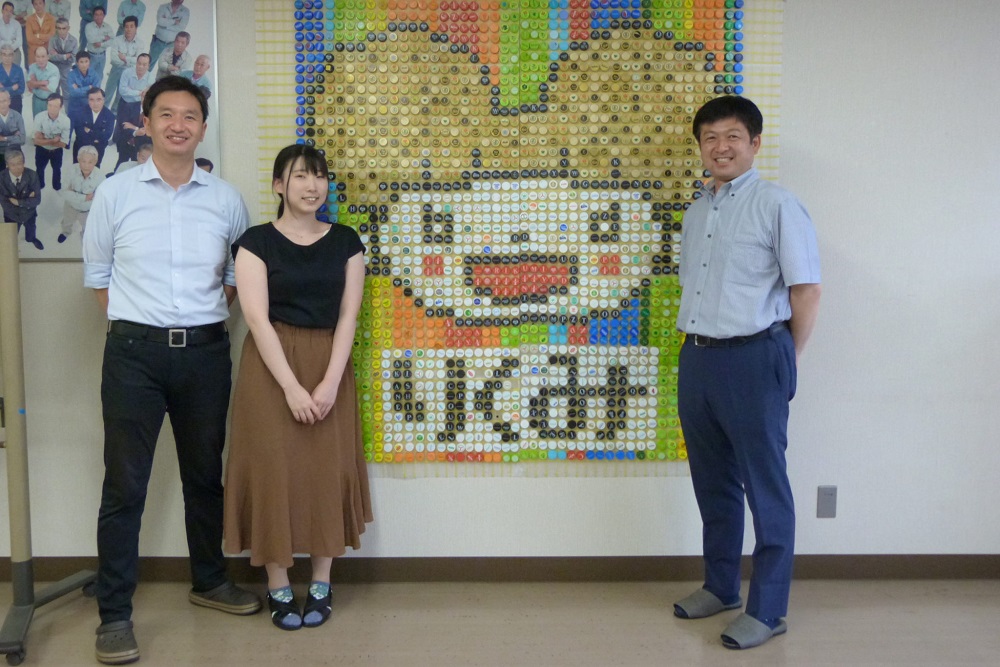
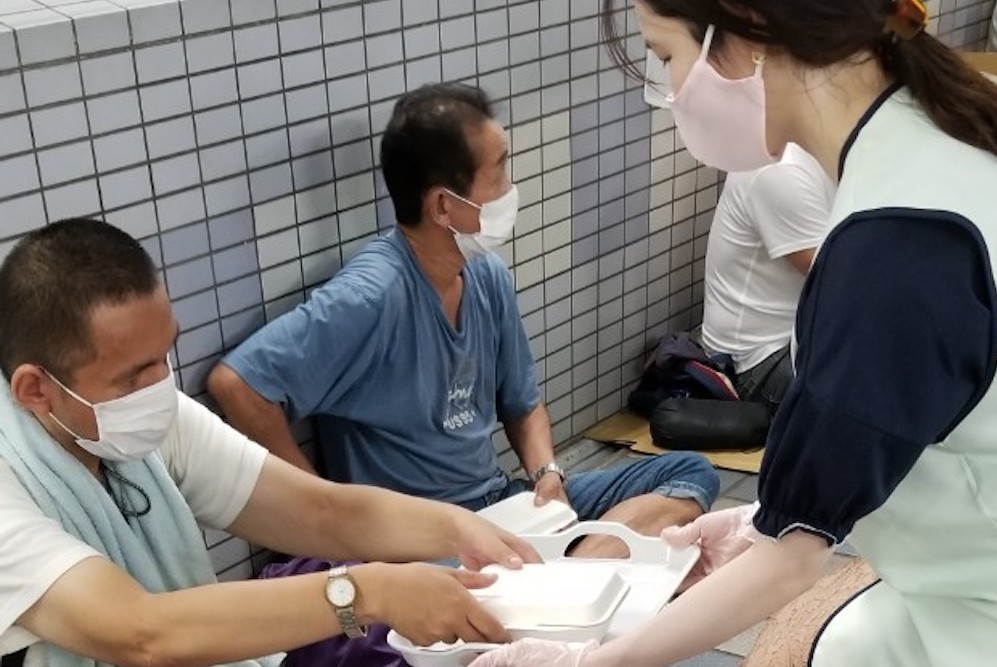
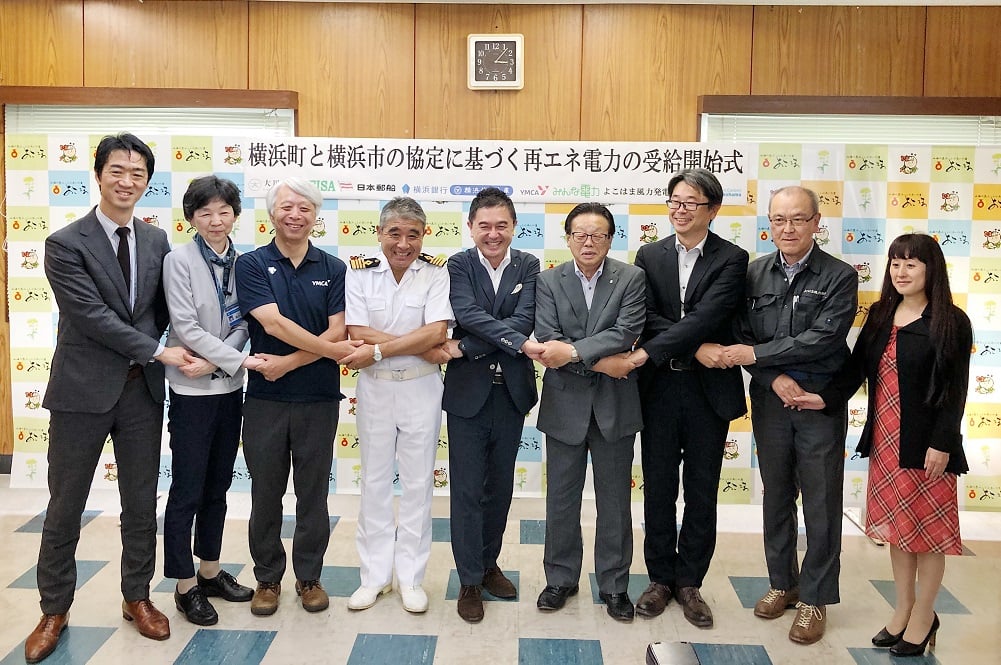
.jpg)
